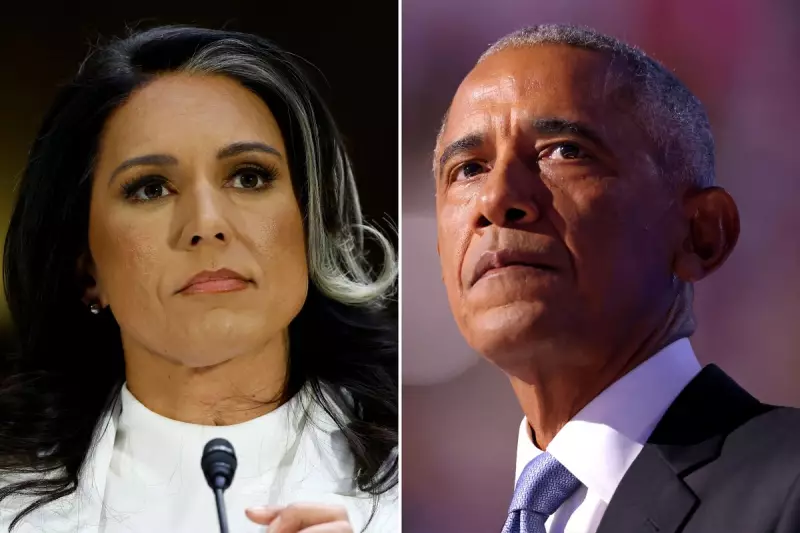
Former Democratic congresswoman and presidential candidate Tulsi Gabbard has made explosive allegations against Barack Obama, accusing the ex-president of leveraging claims of Russian interference in US elections as part of a deliberate strategy to destabilise Donald Trump's administration.
In a controversial statement, Gabbard suggested that Obama's team amplified the Russia narrative not as a genuine national security concern, but as a calculated political manoeuvre to weaken Trump's presidency from its inception.
The Political Firestorm
Gabbard's remarks have reignited debate about the origins of the Russia investigation that dominated Trump's first term. She framed the episode as essentially a 'soft coup' attempt against a democratically elected president.
The Hawaii politician, known for her unconventional positions that often crossed party lines, argued this strategy ultimately backfired by fuelling partisan divisions and undermining public trust in democratic institutions.
Context of the Allegations
The Russia interference saga began in 2016 when US intelligence agencies concluded Moscow had attempted to influence the presidential election. While the Mueller investigation found no conclusive evidence of Trump campaign collusion, it did document multiple Russian attempts to sow discord.
Gabbard's intervention comes as historical reassessments of the Trump presidency gain momentum ahead of the 2024 election cycle. Her comments align with growing Republican efforts to reframe the Russia investigation as politically motivated.
Reactions and Implications
Political analysts suggest Gabbard's statements may represent an attempt to position herself as a bridge between disillusioned Democrats and Trump-aligned Republicans. However, critics have dismissed her claims as conspiracy theories lacking substantive evidence.
The controversy raises fresh questions about how foreign interference allegations should be handled in future elections, balancing national security concerns against potential political weaponisation.





